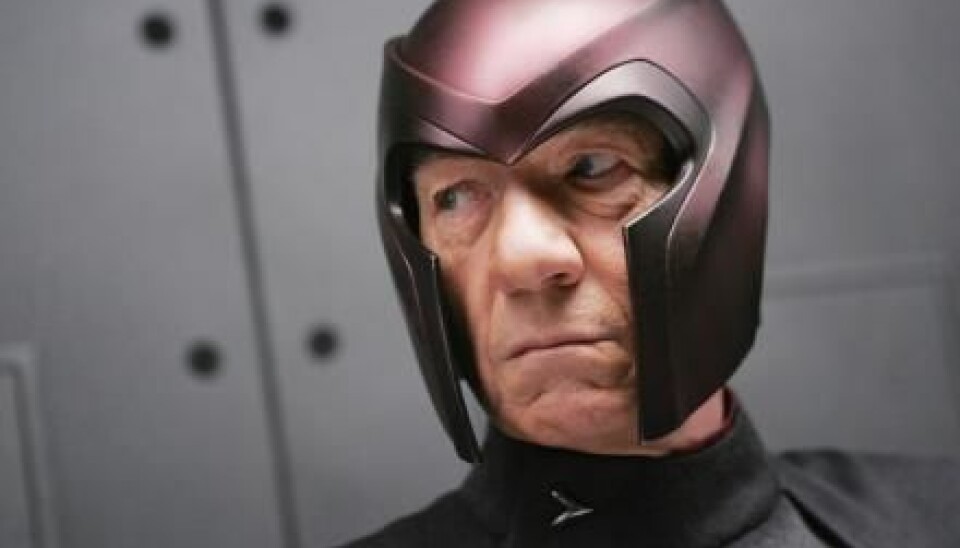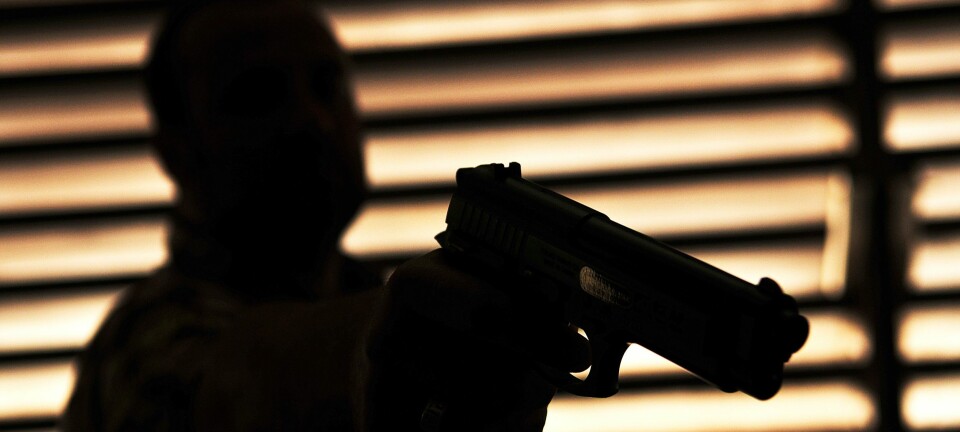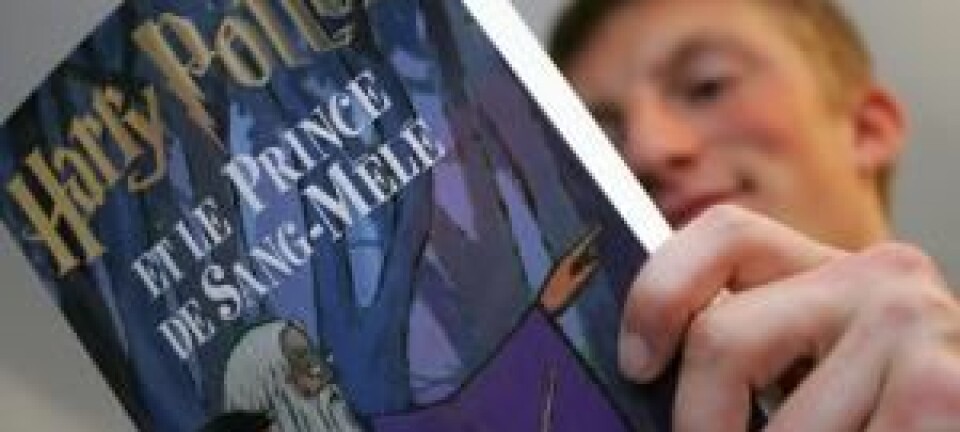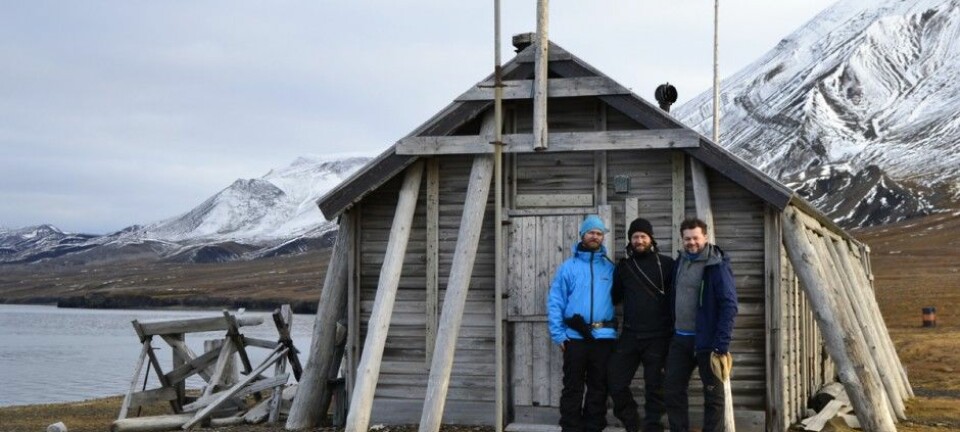
Super villains help prevent evil in the world
Pop culture villains confirm our sense of right and wrong, shows new research.
At first glance, there may not appear to be many similarities between the demon Pazuzu from 'The Exorcist' and Prince Hans in Disney's 2013 bestseller 'Frozen'.
But a number of similarities are lurking just beneath the surface.
Without knowing why, both the demon and the prince are relentless in their struggle for dominance and willingly sacrifice the lives of others for personal gain. They think only of themselves and apparently have no morals or empathy.
These characteristics are typical of virtually all villains in the popular culture of movies, comics, and literature.
"A common feature is that all bad guys are incredible antisocial and try to control all resources with no regard for anyone but themselves,” says author Jens kjeldgaard-Christiansen, a graduate student from the University of Aarhus, Denmark.
The new research is published in the journal Evolutionary Behavioral Sciences.
Evil resides in us all
In the new study, Kjeldgaard-Christiansen takes the characteristics of famous fictional bandits and explains them from the point of view of the Darwinian theory of evolution.
He examined the literature of evolution and social psychology, to see what they can tell us about the way we perceive good and the evil.
"The article is a theoretical foundation, not a study. I have looked at how and why we categorise good and evil as we do, and I have illustrated my hypotheses based on a series of pop-culture villains," says Kjeldgaard- Christiansen.
"When a trend of antisocial behaviour and actions is reproduced in film and comics, it’s because [these characteristics] speak to us.”
“They represent some human tendencies within us, that we as a society have reasons to suppress, because they are destructive to the community," he says.
The villains’ traits have an intuitive appeal to us, and by observing them we confirm that it is wrong and cruel to adopt such behaviour ourselves. The evil characters help us to suppress these desires.
Humanity has come a long way through cooperation
Throughout our evolution, we humans have organised themselves in larger and larger groups. Our close communities are likely to be an important factor in our evolutionary success.
"At the individual level there’ll always be a motivation to exploit the system and control resources at the expense of others. But our ability to think about how the community makes us stronger is probably a key reason why we have gone further than other species," says Kjeldgaard-Christiansen.
It has been a basic premise of humanity that poor cooperation is bad for the community as a whole, and that everyone thinks of community's interests before their own, says Kjeldgaard-Christiansen.
"If the group-cohesion is undermined by some anti-social individualists and schemers, then the group will quickly breakdown. Therefore it’s important that we can recognise them,” he says.
What Fictional characters say about real life
Palle Schantz Lauridsen is associate professor of audio-visual media at the Department of Scandinavian Studies and Linguistics, University of Copenhagen, Denmark.
He thinks that investigations like this are always interesting because super villains and heroes mirror our own reality.
"It’s important to study fiction like this, because [it] tells us something about people and our way of being in the world," said Lauridsen, who has studied fictional characters like Sherlock Holmes' nemesis, Professor Moriarty.
He hasn’t seen such a pure Darwinian look at the personality of fictional villains before, but nonetheless he does not consider it to be ‘ground-breaking’.
"Today, many seem to agree that man is a 'story telling animal' and that the story of heroes and villains is central to the way our brain works. Fiction is a form of fundamental human cognition and memory. It’s a practical way to get a grip on the world," says Lauridsen.
--------------
Read the Danish version of this article on Videnskab.dk
Translated by: Catherine Jex








